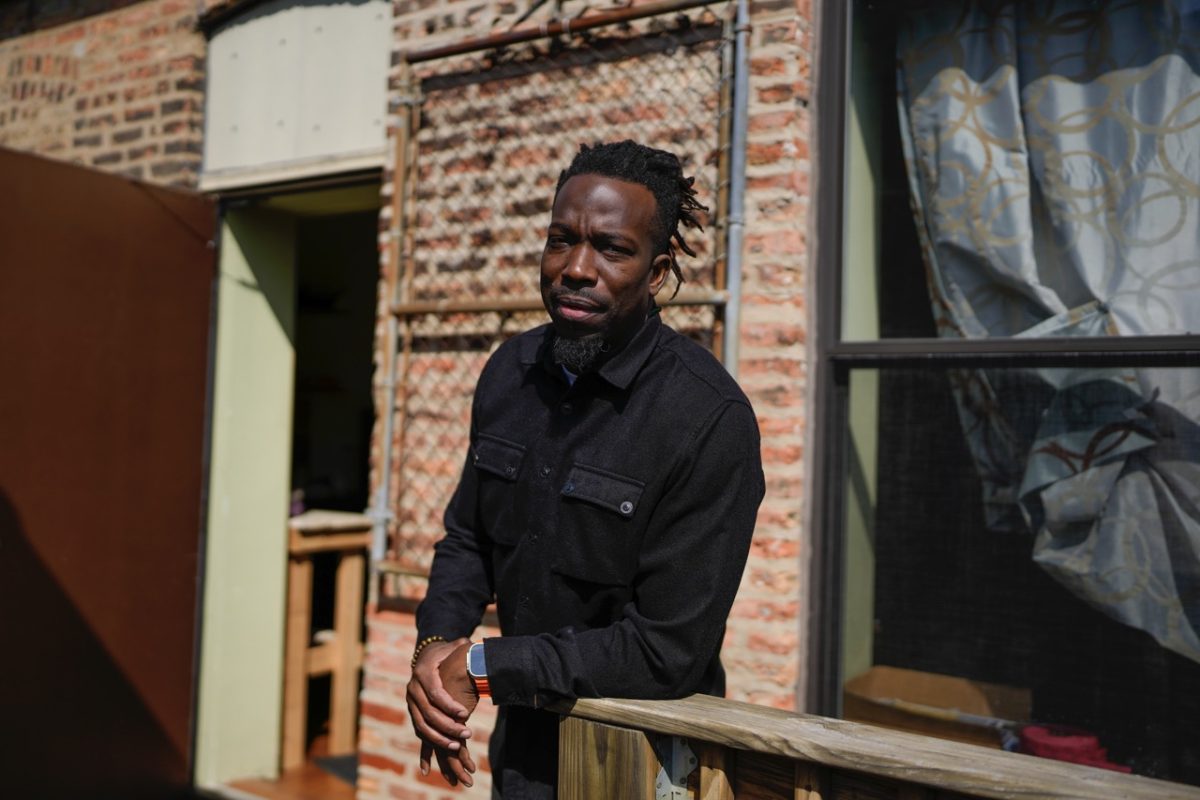At a speaking event April 13, DePaul hosted Max Boykoff, a University of Colorado at Boulder professor and fellow of the Cooperative Institute for Research in Environmental Sciences (CIRES). With an interest in the relationship between the mass media and public perception of global climate change, Boykoff presented his extensive research and fielded questions on the topic.
As stated in his well-known media analysis “Balance as Bias: Global Warming and the U.S. Prestige Press,” Boykoff’s overall opinion on the subject is that “in the end, adherence to the norm of balanced reporting leads to informationally biased coverage of global warming.”
Boykoff detailed the danger of solving the climate crisis posed by the mass media. Rather than focusing on convergent ideas that could yield universally beneficial solutions, much media representation focuses on outlier perspectives on both ends of the spectrum, he said.
Boykoff presented examples of news programs pitting both skeptics and “global warming fundamentalists” against one another, which would inevitably only lead to argument. He believes journalists have a tendency to look for contention in the interest of making a story, and this merely creates distraction from the real issues at hand.
Though media coverage of an issue may seem unimportant, Boykoff stressed the fact that it was essential in this case. Also in his “Balance as Bias” analysis, he states that the “veil of journalistic balance creates real political space for the U.S. government to shirk responsibility and delay action regarding global warming.”
An interesting point Boykoff made was that while public awareness of climate change’s existence has skyrocketed in the late 20th and early 21st centuries, knowledge of its actual implications is still incredibly scarce. There are several contributing influences to this, but by Boykoff’s assertion, journalistic bias is the most significant due to the fact that it gets in the way of the truth and merely perpetuates argument and confusion.
In spite of Boykoff’s focus on the negative aspects of the media coverage of climate change, he ended his presentation on a high note by detailing some ways that we could improve the situation in the future. He encouraged the use of social media to influence awareness and engagement on the subject, not the contention and confusion encouraged by the mass media. Though global warming is a complicated subject with a great deal of academic jargon attached to it, Boykoff also entertained the possibility that experts use more digestible language to communicate with people.
Taylor Zobrosky, 21, summed up the reaction felt by nearly everyone at the presentation after Boykoff’s thoughtful conclusion.
“It’s hopeful to think that media coverage of the subjects will expose them to new crowds so that we can finally start taking this seriously.”







